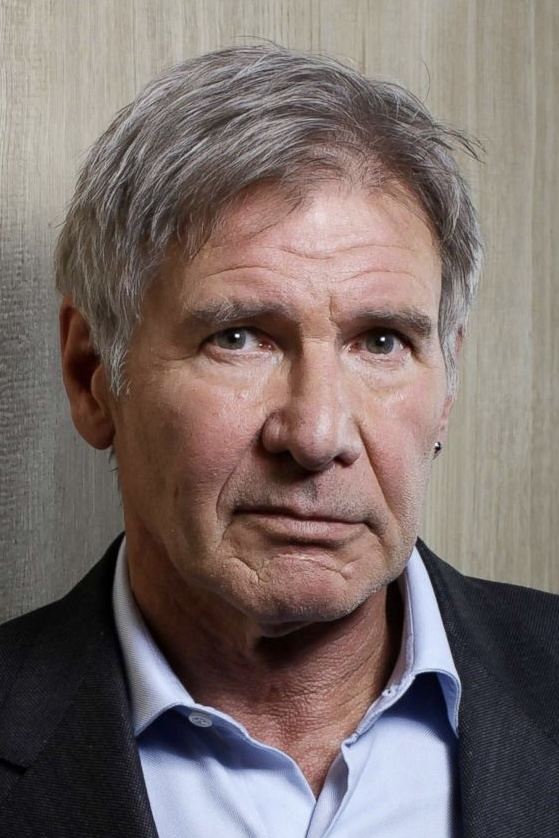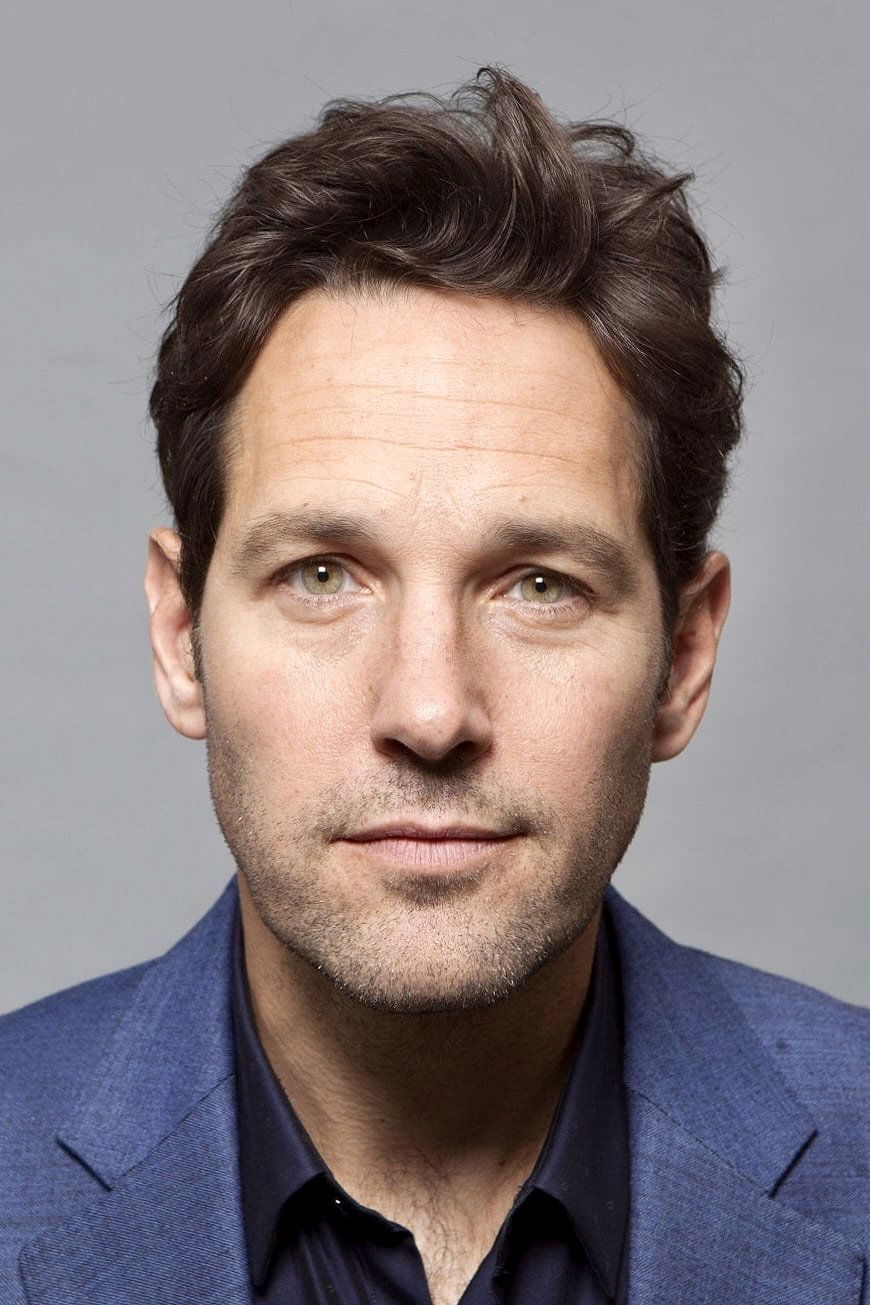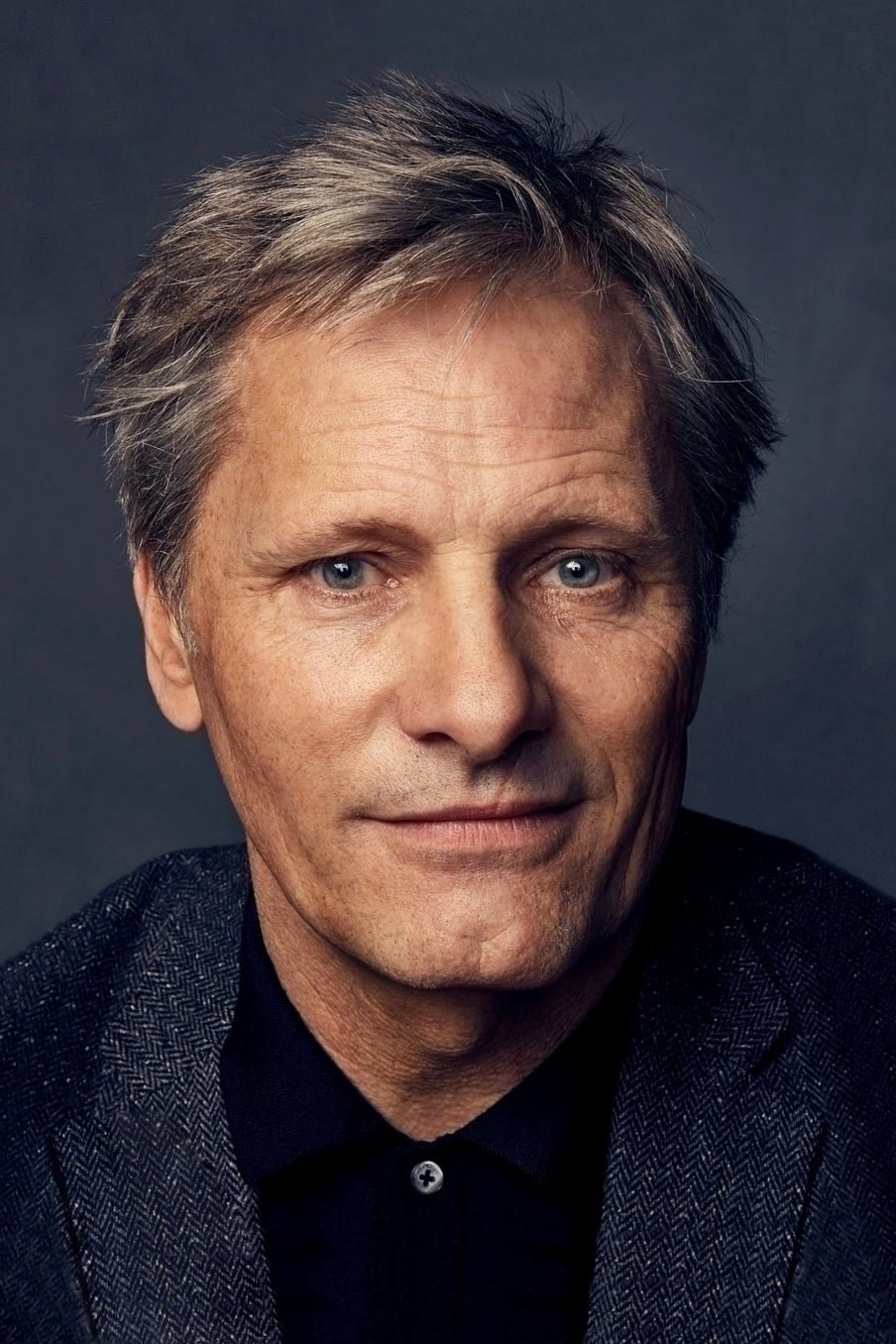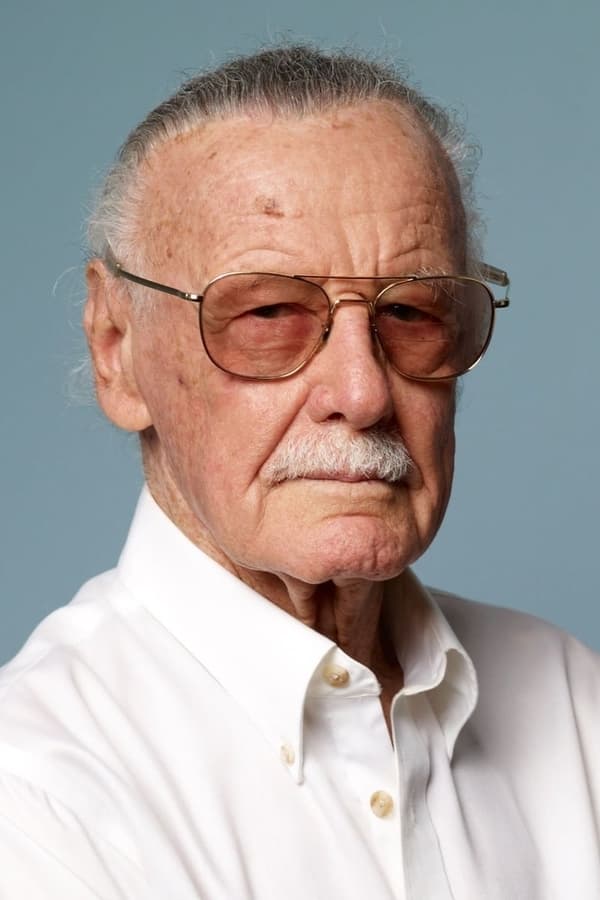![]()
Making a movie is a detailed process where a lot of good work often doesn’t make it into the final cut. Even famous actors sometimes have scenes removed to improve the movie’s flow, mood, or story. Some actors don’t even realize their scenes are gone until the movie premieres, and occasionally, actors are completely replaced due to changes in the director’s plans or requests from the studio. This shows how unpredictable the film industry can be and how tough it is for directors to finish a film the way they envision it.
Eric Stoltz

I’ve always been fascinated by the ‘what ifs’ of movie history, and the story of Eric Stoltz as Marty McFly is a prime example! Apparently, he was originally cast and even filmed for five weeks, but the director, Robert Zemeckis, felt he was bringing too much seriousness to what needed to be a much more comedic role. It’s incredible to think they had to reshoot almost the entire movie with Michael J. Fox! And the really cool part? Some people say you can still spot Stoltz in a few of the background shots from the action scenes in the finished film. It’s a little piece of movie magic!
Kevin Costner

Kevin Costner was originally cast in ‘The Big Chill’ as Alex, whose death brings the group of friends back together. He filmed scenes showing the history of their friendship, but director Lawrence Kasdan ultimately decided to remove them. The final film focuses solely on how the remaining friends cope with Alex’s death, and Costner appears only briefly as a body during the opening credits.
Harrison Ford

Harrison Ford actually filmed a brief appearance in ‘E.T. the Extra-Terrestrial’ as the head of Elliott’s school. He played the principal scolding Elliott after the frog incident in class. However, director Steven Spielberg worried Ford was such a big star that he would pull focus from the children, who were meant to be the heart of the story. So, the scene was cut, and in earlier versions of the film, only Ford’s voice and the back of his head were visible.
Paul Rudd

Paul Rudd actually filmed a scene for the comedy ‘Bridesmaids’ as a date for Kristen Wiig’s character. The idea was that his character would switch between being really charming and suddenly getting very angry while driving. However, test audiences thought the angry outbursts were too shocking for the movie, so the filmmakers decided to cut the whole scene to make the story flow better.
Tobey Maguire

As a huge movie buff, I recently learned something fascinating about ‘Life of Pi’. Apparently, Ang Lee initially cast Tobey Maguire as the writer character – the guy who interviews Pi. But after filming, Lee felt Tobey was too recognizable, and his star power was pulling focus from the story. He was aiming for a really immersive feel and wanted the supporting cast to blend in more, so he brought in Rafe Spall to completely re-shoot all of Tobey’s scenes. It’s wild to think how different the movie could have been!
Robert Pattinson

Robert Pattinson filmed a part in the historical drama ‘Vanity Fair’ as the grown-up son of Reese Witherspoon’s character. Surprisingly, he went to the movie’s premiere not knowing his scenes had been cut. Director Mira Nair said the time jump his scenes would have created wasn’t needed for the ending. Eventually, those scenes were added as extra content when the movie was released on DVD and Blu-ray.
James Gandolfini

James Gandolfini had a notable role in ‘Extremely Loud & Incredibly Close’ as a potential love interest for Sandra Bullock’s character. He played a man she met at a support group for those grieving losses from 9/11. However, early viewers felt this romantic storyline pulled attention away from the main plot—the boy’s search to understand his father’s life. As a result, the filmmakers decided to cut Gandolfini’s entire performance to keep the story focused on the central mystery.
Mickey Rourke

Mickey Rourke was part of a talented cast in Terrence Malick’s war film, ‘The Thin Red Line,’ where he played a soldier and filmed extensively in Australia. However, during the film’s extensive editing, Malick changed the story’s direction and ultimately cut Rourke’s entire performance. Rourke publicly shared his frustration with this decision.
Bill Pullman

I was really surprised to learn that Bill Pullman was actually in ‘The Thin Red Line’! He played a Marine, and apparently filmed a bunch of the big battle scenes. But Terrence Malick ended up cutting his whole character out to make the movie more focused on its themes and poetic style. It’s a shame, because as far as I know, nobody has ever seen his performance – it wasn’t in the original release or any of the later versions.
Lukas Haas

Lukas Haas played a young soldier in scenes filmed for ‘The Thin Red Line,’ which depicted the Guadalcanal campaign. His character was meant to show a particular view of the brutal realities of war in the Pacific. However, as the movie became very long, director Terrence Malick had to cut out entire characters to shorten it. Ultimately, Haas’s performance was removed from the final film, along with work from other well-known actors.
Viggo Mortensen

Before becoming famous for ‘The Lord of the Rings’, Viggo Mortensen appeared in ‘The Thin Red Line’, playing a soldier. However, director Terrence Malick ultimately removed his entire performance, along with those of several other actors, as he reshaped the film’s focus. Mortensen has described this as simply being part of Malick’s unusual and creative filmmaking style.
Billy Bob Thornton

Billy Bob Thornton recorded a lot of narration and filmed scenes for ‘The Thin Red Line’. Initially, his character was meant to be the main voice guiding the story and connecting its different parts. However, director Terrence Malick changed his mind during editing and decided to have multiple actors do the voiceover work. As a result, Thornton’s performance, both on screen and as the narrator, was cut from the final version of the movie.
Bill Murray

Bill Murray flew to Australia to film a small role in ‘The Thin Red Line’ as a military officer. His appearance was kept secret to surprise viewers. However, director Terrence Malick ultimately decided that Murray, known for his comedic roles, didn’t fit the serious and realistic tone of the war film, so all of his scenes were cut from the final version.
Martin Sheen

Martin Sheen filmed scenes for ‘The Thin Red Line’ with the rest of the cast, and many were excited to see him in the film, considering his work in classics like ‘Apocalypse Now’. However, director Terrence Malick ultimately focused on the experiences of ordinary soldiers, and Sheen’s entire performance was removed before the film’s 1998 release.
Gary Oldman

Gary Oldman filmed a scene for ‘The Thin Red Line’ while the movie was being filmed in the South Pacific. He played a member of the military, as the script included many different ranks. However, after more than a year of editing, the filmmakers decided his part wasn’t crucial to the film’s main message. Although he’s credited in some materials, his scenes didn’t make it into the final cut.
Matt Smith

Matt Smith was originally cast in a secret role for ‘Star Wars: The Rise of Skywalker’. Fans guessed he might play a younger Palpatine or an important leader in the First Order. Smith later revealed that his character was cut from the movie during post-production. Since the film came out in 2019, no scenes featuring his character have ever been shown.
Tim Roth

I recently learned an interesting detail about Quentin Tarantino’s ‘Once Upon a Time in Hollywood.’ Tim Roth actually filmed scenes as Jay Sebring’s butler, and it sounds like Tarantino initially wanted him to flesh out the world of Hollywood high society in the late 60s. Ultimately, though, the director felt those scenes were dragging things down as the movie headed towards its climax. Despite cutting Roth’s performance, Tarantino clearly appreciated his work and kept his name in the credits – a nice gesture, I think!
James Marsden

James Marsden played Burt Reynolds in a scene for Quentin Tarantino’s ‘Once Upon a Time in Hollywood’. The scene showed Reynolds on a TV set, interacting with the movie’s main characters. Tarantino thought Marsden did a great job, but the scene didn’t quite fit with the overall story about Rick Dalton. Ultimately, it was cut to keep the movie’s length under three hours.
Andy Garcia

Andy Garcia was originally cast as a love interest for Michelle Pfeiffer’s character in the film ‘Dangerous Minds’. This romantic storyline was meant to give audiences a glimpse into her life outside of teaching. However, filmmakers decided the romance took away from the main story – the teacher’s connection with her struggling students. As a result, Garcia’s entire part was removed from the final version of the movie to keep the focus on that central relationship.
Chris Cooper

As a big horror fan, I remember hearing about a really interesting situation with Chris Cooper’s role in ‘The Ring.’ He played a truly awful character – a convicted child molester – and appeared at the beginning and end of the movie. Apparently, test audiences just hated him so much that it actually got in the way of enjoying the scares! It was so distracting that director Gore Verbinski ended up cutting those scenes completely. He wanted all the horror to center around Samara, and it turns out Cooper’s character was pulling focus in the wrong way.
Harvey Keitel

Harvey Keitel initially played the part of Victor Ziegler in Stanley Kubrick’s last movie, ‘Eyes Wide Shut.’ He filmed some scenes during the film’s notoriously lengthy production, but left the project because of scheduling issues and creative differences with Kubrick. Sydney Pollack then took over the role and re-filmed all of Keitel’s scenes.
Michael Biehn

Michael Biehn returned as Kyle Reese in a dream scene in ‘Terminator 2: Judgment Day’. He appeared to Sarah Connor while she was a patient at a mental hospital, urging her to protect their son. Director James Cameron initially removed the scene from the movie’s theatrical release to keep the film moving quickly. However, it was added back into the Special Edition and all later Director’s Cuts.
Ricky Gervais

Ricky Gervais filmed a brief appearance as himself in the 2011 movie ‘The Muppets’. He was one of several celebrities who acted alongside the Muppet characters. However, the movie ended up being too long, and the filmmakers decided to concentrate more on the Muppets. As a result, Gervais’ scene was cut from the final version shown in theaters.
Charles Dance

Okay, so this is a fun little movie tidbit I learned. Apparently, Charles Dance – you know, Tywin Lannister! – actually filmed a scene for ‘The Muppets’! He was going to play a bad guy connected to Chris Cooper’s oil tycoon character. But get this – those scenes ended up being cut! They decided the movie was getting a little too bogged down, and they wanted to keep things light and upbeat, so his performance didn’t make the final cut. It’s a shame, I would have loved to see Charles Dance going up against the Muppets!
Jared Leto

Jared Leto filmed a scene for the movie ‘Phone Booth’ where he played a character named Bobby. This scene showed an interaction with Colin Farrell’s character before the main events at the phone booth started. However, director Joel Schumacher ultimately removed it to speed up the movie and get to the central plot more quickly. The cut footage featured Leto’s character being bothered by the main character in a busy street.
James Purefoy

James Purefoy was originally cast as the lead role in ‘V for Vendetta’ and filmed scenes wearing the famous Guy Fawkes mask for six weeks. However, he and the director disagreed on how the character should look, so Hugo Weaving replaced him. Though Weaving ultimately provided the voice for the entire film, some of Purefoy’s initial movements are still visible in the finished movie.
Stuart Townsend

Stuart Townsend initially landed the part of Aragorn in ‘The Lord of the Rings: The Fellowship of the Ring’ and started filming in New Zealand. However, director Peter Jackson quickly decided that Townsend appeared too young to convincingly play the battle-hardened ranger. Townsend was replaced by Viggo Mortensen, and all of the scenes filmed with him were ultimately cut from both the original and extended versions of the movie.
Liam Neeson

Liam Neeson briefly appeared in ‘The Hangover Part II’ as a tattoo artist in Bangkok. He was chosen as a replacement for Mel Gibson after the movie’s stars didn’t want to work with him. However, when the scene needed to be filmed again, Neeson was busy with ‘Wrath of the Titans’. Nick Cassavetes ended up taking over the role, and Neeson’s scenes were ultimately cut from the film.
Mel Gibson

Originally, Mel Gibson was going to make a brief appearance as a tattoo artist in ‘The Hangover Part II’. However, his casting caused major disagreements among the actors, who objected to him being involved. To avoid further conflict, director Todd Phillips decided to remove him from the role. Gibson hadn’t filmed any scenes yet, as the decision was made right before his part was scheduled to be filmed.
Jon Favreau

Jon Favreau had a small acting role in ‘Batman Forever’ as Dr. Miller, assisting Tommy Lee Jones’ character. However, his scenes were cut from the final movie to focus more on the backstories of the main heroes and villains. Later, Favreau became a director and famously launched the Marvel Cinematic Universe with the film ‘Iron Man’.
Jamie Dornan

Jamie Dornan had a role in the movie ‘Burnt,’ which starred Bradley Cooper, but his scenes didn’t make the final cut. He played the ex-husband of the main female character, and his part was meant to explain her past. However, director John Wells removed his character to keep the movie focused on the fast-paced world of professional cooking. Early viewers felt the personal storyline slowed things down, so the decision was made to streamline the film.
Nathan Fillion

Nathan Fillion secretly filmed appearances as the character Simon Williams for ‘Guardians of the Galaxy Vol. 2’. He appeared on posters shown briefly in a scene set on Earth. However, director James Gunn decided to cut the scene because he felt it pulled focus from the story’s main action on the planet Berhert. As a result, Fillion’s appearances are only visible in behind-the-scenes photos of the film’s props.
Matt Damon

Matt Damon filmed a short cameo for ‘Ocean’s 8’ to connect it to the earlier ‘Ocean’s’ films, planning to reprise his role as Linus Caldwell. However, after some controversy surrounding the actor, the filmmakers decided to cut the scene. As a result, the film didn’t include any appearances from the male stars of the original movies.
Ben Affleck

Ben Affleck briefly appeared as Daredevil in the movie ‘Elektra’, filming a scene where he gave advice to Jennifer Garner’s character in a dream. However, the studio removed this scene from the theatrical release, wanting ‘Elektra’ to be enjoyed even by those who hadn’t seen the original ‘Daredevil’ film. The cut footage was later added back in for the director’s cut on the DVD.
Stan Lee

Stan Lee filmed a brief appearance in the 1998 movie ‘Blade’ where he played a police officer finding a body at a vampire club. This scene took place right after the film’s opening action sequence. However, the filmmakers ultimately removed it because they wanted to keep the movie’s beginning dark and intense. Had it stayed in, this would have been one of the first times Stan Lee made a quick appearance in a Marvel film, before it became a tradition.
Kevin Spacey

Kevin Spacey originally filmed the role of J. Paul Getty in the movie ‘All the Money in the World’. However, after serious allegations surfaced against him, director Ridley Scott made the decision to remove Spacey from the film. Christopher Plummer was quickly brought in to reshoot all of Spacey’s scenes – a remarkable feat accomplished in just nine days. The film was released on time, with Plummer’s performance completely replacing Spacey’s.
Tell us which of these missing performances you most wish you could have seen in the comments.
Read More
- 2025 Crypto Wallets: Secure, Smart, and Surprisingly Simple!
- Wuchang Fallen Feathers Save File Location on PC
- Brown Dust 2 Mirror Wars (PvP) Tier List – July 2025
- Gold Rate Forecast
- QuantumScape: A Speculative Venture
- Gemini’s Execs Vanish Like Ghosts-Crypto’s Latest Drama!
- Banks & Shadows: A 2026 Outlook
- HSR 3.7 breaks Hidden Passages, so here’s a workaround
- Nvidia vs AMD: The AI Dividend Duel of 2026
- Here Are the Best TV Shows to Stream this Weekend on Hulu, Including ‘Fire Force’
2026-02-20 01:48